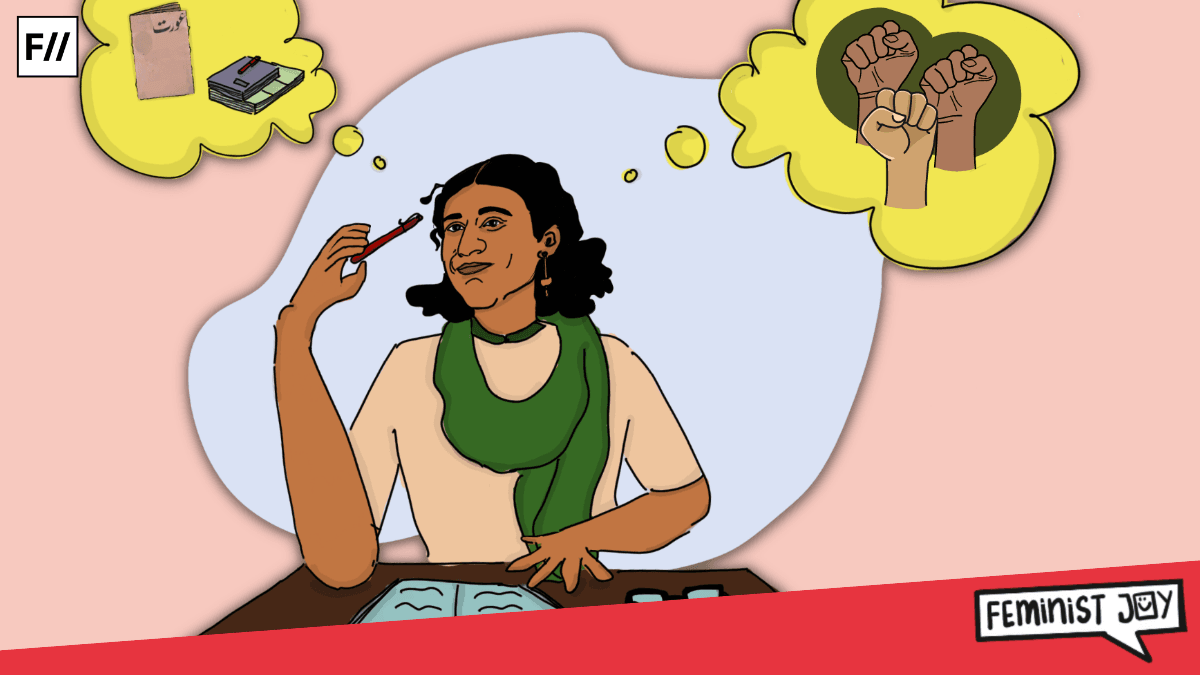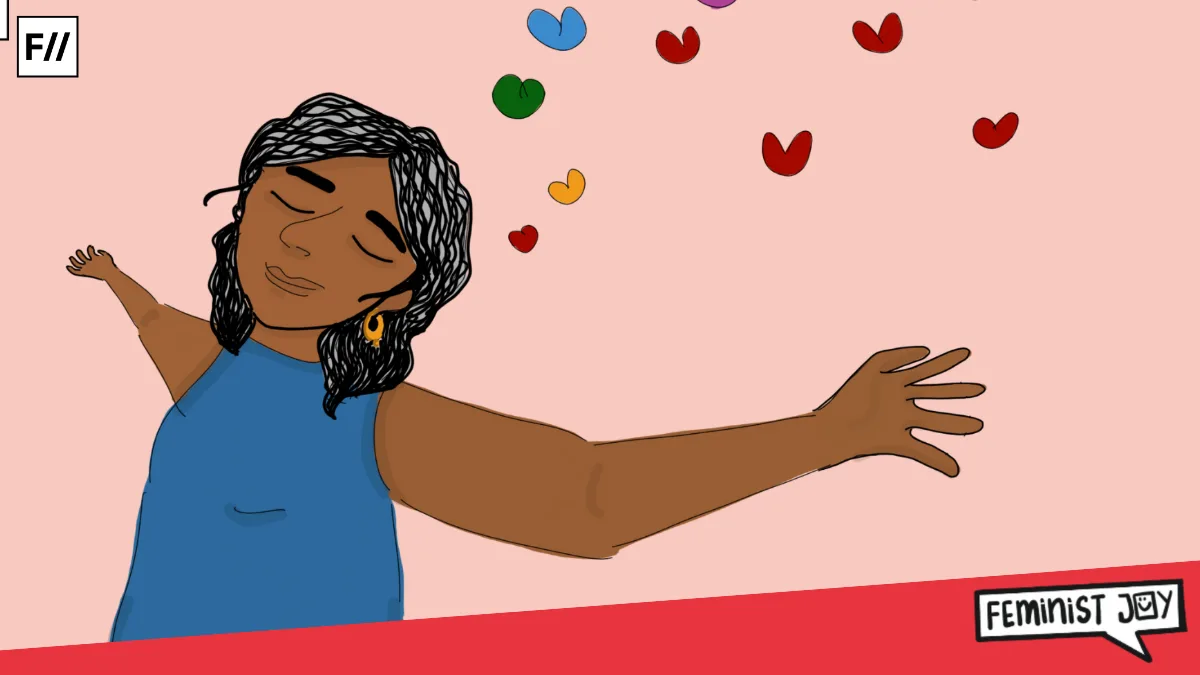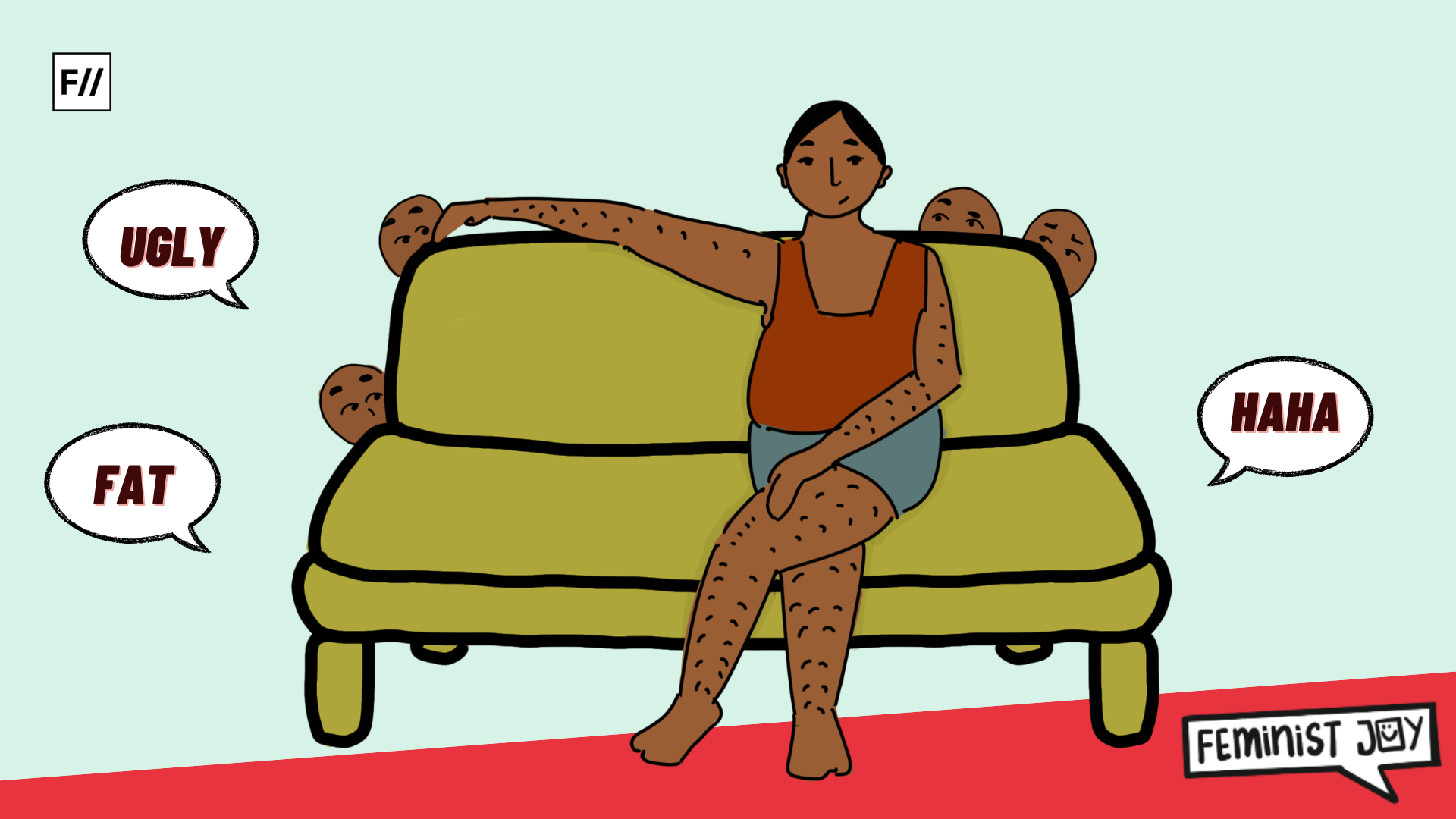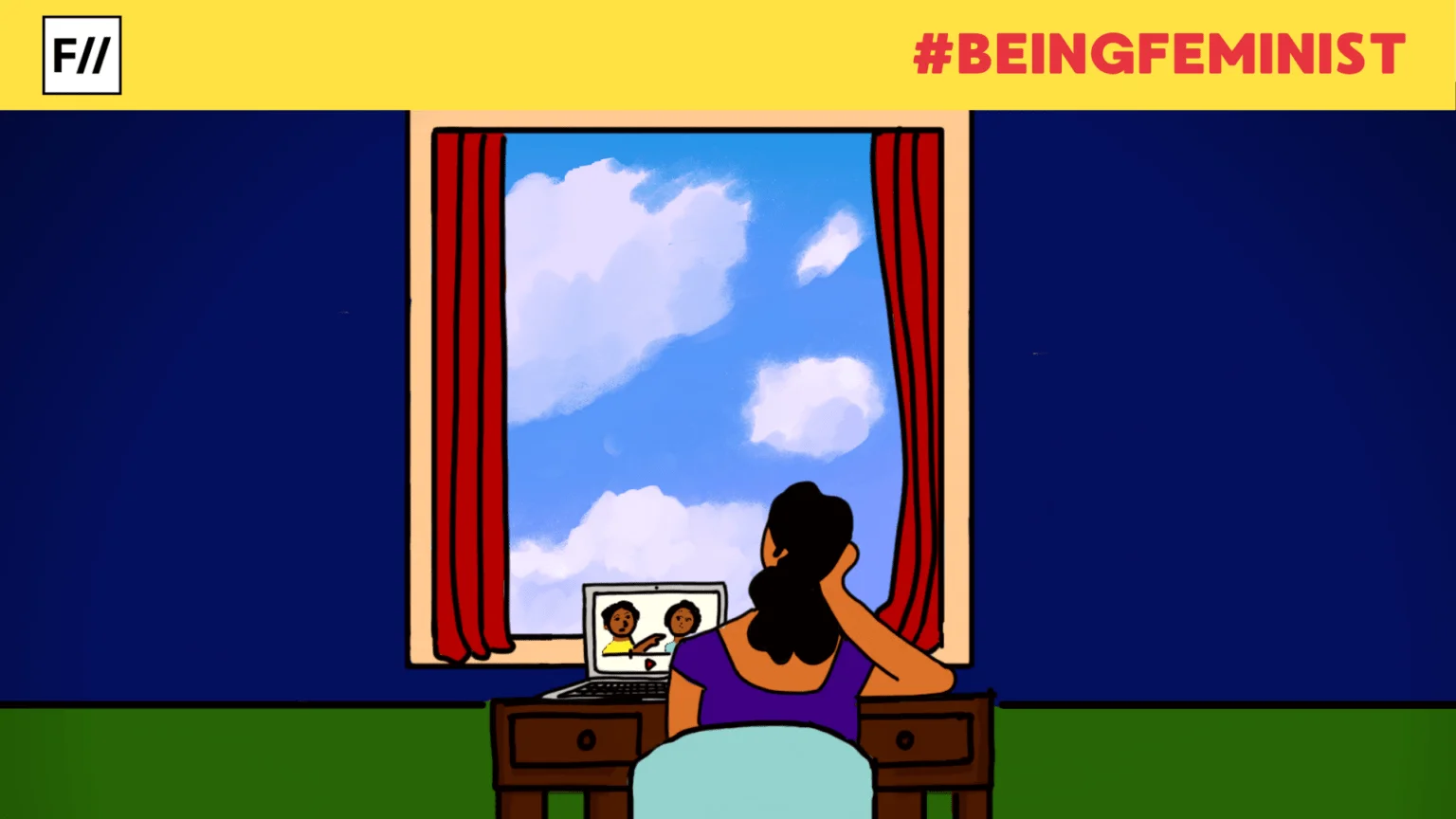While reflecting on writing under this column, I was looking for something singular and concrete to describe my feminist joy. I was searching for a specific aspect of my life that embodied the joy of being a feminist or a form of happiness that was intrinsically feminist. It took me some time to realise that my feminist joy could not be pinned to one phase, space, or part of my life. It is something I found throughout my journey of becoming a feminist and learning ever so much more about the feminist struggle. It made me realise how I can see existing power structures more clearly and how feminist education has helped me perspectivise it. Moreover, this very education went on to help me embrace my femininity, be bold about the feminist cause, and be unapologetically joyful about it all at the same time.
I had the opportunity to educate myself on the intersectional nature of social institutions through my college degree. As a student of development studies, I learn about struggles and processes in policy, economy, poverty, education, health, social institutions, international relations and many more. The interdisciplinary nature of my course allowed me to learn about theorists in gender studies, like Judith Butler, Donna Harraway, Simone de Beauvoir, Kimberle Crenshaw, and many others. Their takes on how gender is a performative social structure that exists on a hierarchical spectrum intersecting other social institutions (like caste, class, race and religion) were my introduction to feminist theory.
To many, this might seem like a standard introduction in the humanities and social sciences, something everyone learns about at some point in their course. But to me, it was the key that unlocked several passive and tacit observations I had about the existing social world.
Despite learning about it in their curriculum, many would simply compartmentalise their education and simply follow (or even use) the dominant, hegemonic social narrative while navigating life. They might major in gender studies and feminist theory yet subscribe to patriarchal notions in other aspects like education, marriage, family, etc. But I take joy in the fact that my education (and its application in real-life scenarios) has made it possible for me to perspectivise and understand social struggles.
I identified where I existed in the power structures embedded in our society and realised that the feminist cause was for an equalising across intersections. Because I was able to identify my social position, I learnt how exactly to empathise with others in less fortunate and less privileged positions. Because I learnt to see the differences in why I am socially expected to earn and learn less, be more domestic, and be more subservient to other patriarchal notions, I am able to use the same lens to view the perspective of the marginalised within similar power structures.
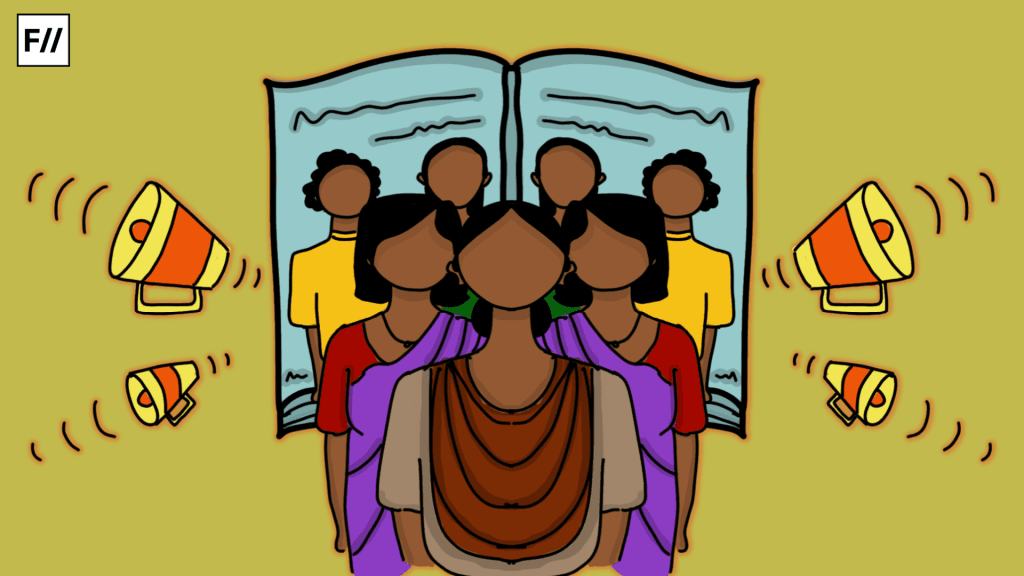
Patriarchal notions exist on all scales. They exist in limiting access to education and employment to certain sections of society, but they also exist in markers of our gender identities. The clothes we wear, the media we consume, and the hobbies we like all have a social aspect to them. In my teenage years, these markers felt like a noose to me. Something that I am forced to subscribe to, like traditional clothing, ‘girlie,’ music or TV shows, learning to cook, clean and wash simply because I am a woman and many others. In that subtle coercion, it penetrated another more powerful patriarchal idea: that expressions of femininity were inherently weak.
Feminism initially meant that I had to be opposed to all these ideas. That I could subscribe to the masculine and, therefore, stronger social markers equally well. My earlier enlightenment of feminism was thought to be a “rebellion” by several around me. However, yet again through further education, I realised that feminism was never about the opposite of patriarchal thinking but opposing such thinking.

I am still against these social markers being forced upon or indoctrinated into people. But I have stopped the tiny voice in my head that says resorting to such markers is a sign of weakness against the feminist struggle. In fact, it strengthens my struggle. Because in owning my love for this femininity, by admitting that I actually like to wear traditional clothes and other so-called feminine hobbies, I found a greater joy. Subscribing to such social markers does not put me against the struggle; it empowers me to continue the struggle, accompanied by such joy.
My belief in and support of feminism is a continuous journey. Something that is built on strength, companionship, empathy and joy. For me, there is joy in being able to perspectivise struggles. There is joy in viewing achievements despite existing patriarchal structures. But above all, seeing such feminist struggles and being happy about them is a valid joy.
Like others who subscribe to the patriarchy, I do not think it is an undue obsession or an entirely worthless thing. Feminist joy in itself is a tool of resistance; it shows how we can lead a wholesome life while making a difference in the world. It promises a better and secure future. I understand that it is always worthwhile to break through the barriers with an unwavering smile on my face.
About the author(s)
Lakshmi Yazhini is a post graduate student, pursuing an Integrated Masters in Development Studies, at the Indian Institute of Technology Madras. Based in Chennai, Yazhini has an avid research interest in the intersectionality of feminist geography and the state, in peripheral cities. In her free time, she likes to bake, do yoga, read fiction and pen down her thoughts in her journal (which are most often about the micro inequalities around her). Yazhini hopes to explore, write and make a difference about these as a policymaker some day.
